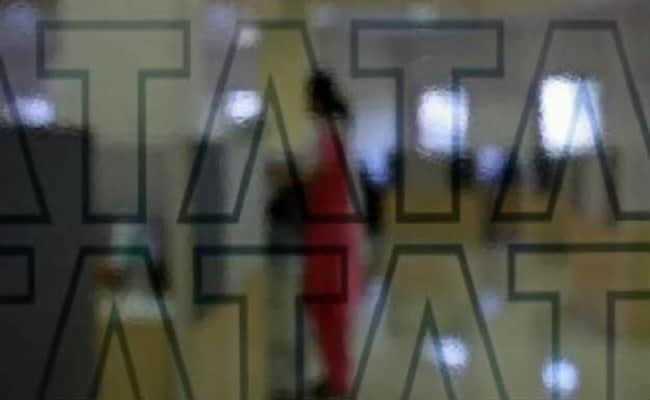Srivats Ram
| Photo Credit: Akhila Easwaran
Srivats Ram, chairman, Confederation of Indian Industry (CII), Tamil Nadu State Council, and Managing Director, Wheels India Ltd., has said the full Union Budget for the 2024-25 fiscal should look at providing income tax relief to taxpayers in the lowest slab, amid high levels of inflation.
In an interaction with The Hindu on Wednesday, he suggested measures to increase employment opportunities and said concessional or lesser tax rates for people under an annual income bracket of ₹20 lakh would help boost private consumption.
Manufacturing should be increased for employment generation, he said, adding: “The current production-linked incentive schemes are related to technology-based manufacturing. There is a need to bring in an employment-oriented incentive scheme in sectors such as furniture, toys, textiles, and hospitality. An employment-related incentive scheme is better because job creation remains a concern even as India has done well in the recent past.”
Mr. Ram sought a friendlier approach towards MSMEs in matters of credit and the GST. Spending on education should be doubled to 6%, and the expenditure on healthcare should be increased for long-term results, he said, adding: “In the Interim Budget for 2024-25, infrastructure spending rose by 16%. Our recommendation is that it be increased to 25%. Besides road and railways, some spending can be made towards rural infrastructure, warehousing, irrigation, and canals because the rural population is undergoing a lot of stress…”
Mr. Ram further suggested introduction of an incentive and disincentive mechanism to expedite the push towards green transition. Corporates were getting into green transition because of their customers’ insistence. There needs to be a mechanism for broader industry to think about why they need to get into it, and aid in faster transition, he added.
Once the government ensures sustainable growth rates, private investments would gather pace, he said.
On the activities of the CII Tamil Nadu, he said task forces had been formed in labour-intensive industries such as chemicals, non-leather footwear, banking, financial services and insurance, electronics, and Global Capability Centres.
The CII was also working on changing the perception of ‘dirty’ industries such as textile and leather, he added.
These sectors have made a lot of progress on the export front. “We are working on the Green Tirupur and sustainable manufacturing initiatives that would highlight the numerous green efforts and their benefits, and help improve the societal perception in these sectors,” he said.







